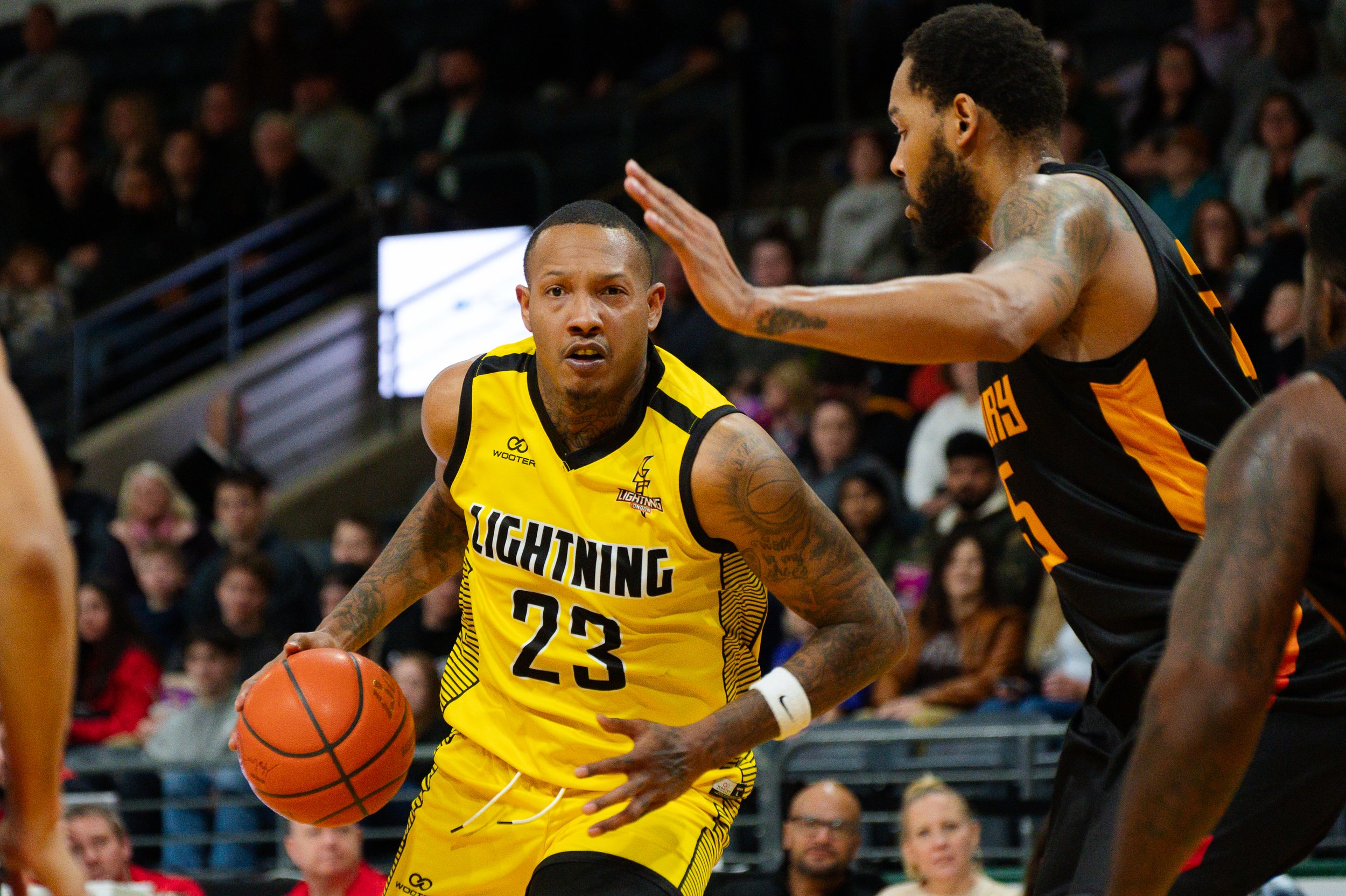Castello leaves legacy of student-athlete equity
A graduating senior, Mustangs sprinter Daniella Castello has led the creation of a scholarship for a Black, Indigenous, or Racialized Track & Field student-athlete.
Castello, 22, a soon-to-be History and Governance graduate from Western University, competed primarily in the 60-metre and 300-metre sprints during her four years as a Mustang. (Photo courtesy Daniella Castello).
Daniella Castello was the driving force behind the cause.
After following a series of pivotal events that took place in the summer of 2020 – and the long overdue conversations around race that filled international headlines – Castello, a Track & Field athlete at Western University, asked herself what she could do, locally, to support the Black Lives Matter movement.
As the Equity and Inclusion Captain of the Mustangs’ Track & Field team, the fifth-year student turned to her teammates to brainstorm ways they could make a difference. From those conversations, a new scholarship was born.
The ‘50km Virtual Run Challenge’ was the avenue, a fundraiser held this March that raised money to create a scholarship for a Black, Indigenous, or Racialized student-athlete within the program. Members and supporters of the team pledged to run, walk, or bike 50km during the month of March while seeking donations from friends and family to support the cause. The idea was met with overwhelming support.
“In February, when we officially launched and began accepting donations, more than $3,000 was raised within the first few days,” says Castello, who herself brought in nearly $600. “It felt surreal. I would go to the website every day and hit refresh and watch the numbers go up and think, ‘this is happening. This is real life.’”
By the end of March, 98 people had participated, and the event had surpassed its original fundraising goal of $10,000.
Formerly called the BIPOC Captain (Black, Indigenous, people of colour), the role of Western Track & Field’s Equity and Inclusion Captain (EI Captain) has been rebranded over the last year, as the team’s head coach, Vicky Croley, has made deliberate efforts to better educate her staff and her team. Earlier this year, after the team received an Indigenous Learning Grant, Croley brought in a high-profile Indigenous speaker, and the result was the development of the EI Captain role and its subsequent Equity and Inclusion Task Force.
An appointed member of the Track & Field team’s Captains group, the EI Captain is expected to be a voice for Black, Indigenous, and Racialized student-athletes on the team and consult with the head coach. As part of her role, Castello spent last summer reaching out to team members and asking them about obstacles they’ve faced – and how the team could best support them. After many recommendations and much consultation, establishing a scholarship, Castello says, proved to be the best course of action.
But while the idea may sound simple enough, much had to be done to ensure a lasting impact could be made through the new initiative.
“The hardest part was logistics and figuring out how you actually establish a scholarship,” the 22-year-old Castello said. “Making sure we’re actually going through the proper networks, making sure we’re doing everything correctly, so that this is able to become something legitimate and has the potential to create meaningful change.”
Croley says that both the university and the Mustangs athletic department have been wholly supportive throughout the process. And, of course, Croley has been supportive herself – both of the scholarship and of Castello.
“My intention was to make sure that Black, Indigenous, and Racialized student-athletes had a voice on our team … [and] Daniella has been amazing to work with,” the coach said.
The fundraiser that Castello helped launch, the ‘50km Virtual Run Challenge,’ has raised more than $10,000. (Photo courtesy Daniella Castello).
Why was Castello appointed to the role? Besides her genuine interest, thanks to her history of advocacy, Croley says that the senior’s calm, approachable, and mature manner in which she facilitates difficult discussions made her an ideal fit for the position.
Castello, in fact, is a member of several on-campus organizations – many of which focus on Black representation, social and financial equity, and promoting inclusion. As for the scholarship initiative, the 22-year-old says she couldn’t have asked for a better end to her undergraduate career.
“It has for sure kept me really busy, but it has put me in a place where I can advocate for other racialized athletes, and that’s a privilege I hold really dear to me,” Castello said. “That means I can advocate for people who maybe look like me, or maybe don’t look like me, and I can show them the potential of what a student’s voice can do … It’s going to be something that I hold close to my heart.”
The soon-to-be History and Governance graduate is hopeful she can pursue similar initiatives in the future as she looks to gain work experience in advocacy, policy, and communications.
Despite leaving a legacy for future Western Track & Field athletes, Castello is humble about her role in it all.
“I more so describe myself as the girl who had an idea and ran with it,” the sprinter said. “I can say I’m proud of the track team for setting a precedent … It’s a simple and effective way to get people involved in the conversation and show the power of community and what we’re able to achieve when we all come together to support a cause.”
Castello believes that transparency is of the utmost importance in order to keep such conversations going, and she says that recognizing the different barriers students face is essential to overcoming them.
“We, as racialized athletes, may face different obstacles … even in terms of being able to access other financial supports on campus, speaking through personal experience … numerous racialized athletes are unable to get bursaries or scholarships … So, we’re creating something exclusively for them.”











Knight Watch: London has won eight straight to open playoffs. Can they continue momentum against Kitchener Rangers?; Star goalie Jackson Parsons gives Kitchener a chance. Columnist Jake Jeffrey previews the matchup …